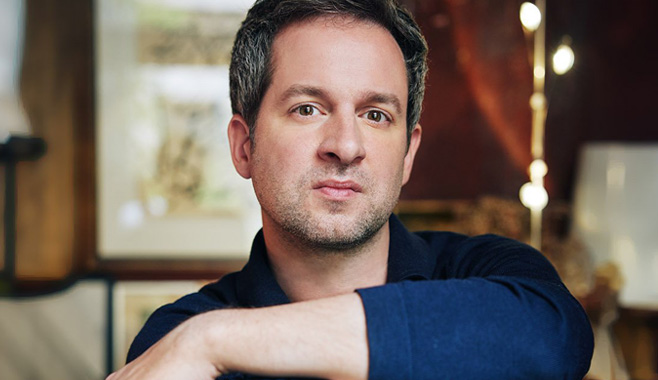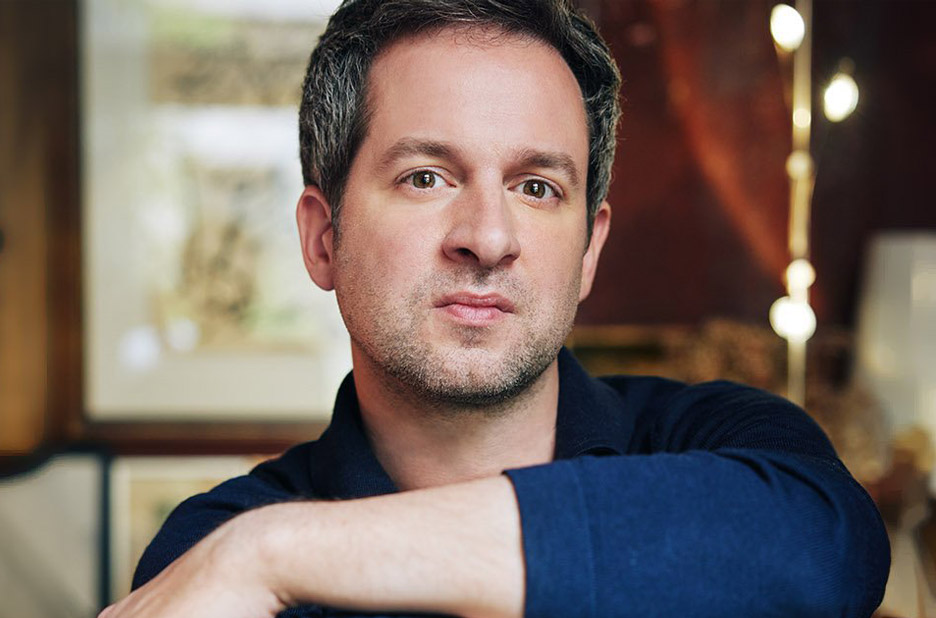Music
Bertrand Chamayou with BBC Symphony
Barbican, London
4/5
Impressive performance by Chamayou
It was a real pleasure hearing Bertrand Chamayou live. His recordings are masterful, but unfortunately he infrequently performs in London. The programming also turned out to be inspiring, sandwiching the interesting Bartók piano concerto between an atmospheric contemporary piece by Unsuk Chin and well-known masterpieces by Ravel and Debussy.


Chamayou played Bartók’s third piano concerto with great poise, control and musicianship. This piece is uncharacteristically tame for Bartók in its simplicity and tonal harmonies, but it is substantial nevertheless, particularly in the structure and developments of the first movement. It was satisfying to hear Chamayou apply such clarity of purpose to Bartók while always remaining solid and controlled on all musical detail. The first part of the second movement, marked Adagio religoso gives us a rarely meditative Bartók which Chamayou also performed with a great sense of balance. I found the third movement compositionally less interesting with its rhapsodic structures, but the performance continued at the same high level of accomplishment. As an encore we were treated to Debussy’s La fille aux cheveux de lin which was delicate and understated as it should be. Chamayou has a great presence on stage, he is serious and professional, but there doesn’t seem to be a big ego on show, which is refreshing.
BBC Symphony Orchestra led by the promising Dinis Sousa gave an adequate performance throughout, although one wished the textures and lines were tighter which possibly could have been achieved had they played with more spirit and conviction. Perhaps the small number of scheduled rehearsals is the culprit. In Ravel’s Boléro and Debussy’s La mer in particular, without the distraction of an excellent soloist, it becomes clear that the orchestra musicians on the whole, bar a few notable exceptions, are doing their daily job and not necessarily performing with utmost rigour and passion.
Debussy’s La mer is the perfect programmatic piece. Not only does it fulfil the promise of the movement titles, it is beautifully constructed and orchestrated, and even without its thematic content the orchestral colours on their own provide ample interest. It has been one of my favourite pieces for a long time, and I still find it strikingly vivid and intelligent.
It is sometimes suggested on this side of the channel that Debussy was inspired by the coast at Eastbourne where he stayed when correcting the proofs for the piece. But he composed it far inland in France and described Eastbourne to his publisher Durand, as “a charming peaceful spot: the sea unfurls itself with an utterly British correctness”. La mer thankfully has none of this correctness, so it is safe to assume that it was the memories of the Med that provided the inspiration. Debussy himself confirms this: “You may not know that I was destined for a great career as a sailor, and that only the vagaries of life took me down a different path. Nevertheless, I retained a sincere passion for Her. You will say that the Ocean does not exactly lap the Burgundian hillsides…! […] But I have countless memories; This is better in my opinion than a reality whose charm generally weighs too heavily on one’s thoughts.”
Unsuk Chin’s piece, Alaraph ‘Ritual of the Heartbeat’ (2022) was a pleasant surprise. It combines rhythmic progressions with suspenseful turns and tensions which appear very cinematic and yet fairly original. As is the norm with contemporary pieces, the programme notes give a lengthy pedantic reasoning behind the title, but it does not matter too much what were the calculations behind the inspiration, as the micro and macro heartbeats accompanied by interesting orchestral textures are audibly driving this piece forward and getting our full attention.
The evening ended with Ravel’s Boléro. Despite overexposure, it is always exciting hearing it live, with the percussion, woodwind and saxophones savouring their moment. Originally composed for the dancer Ida Rubinstein, it is interesting that over the years it has lost some of its stage purpose and is now most often performed in concert. I was wondering at the end of this enjoyable concert about the services to classical music of Torvill and Dean who have done such wonders in popularising this great piece.